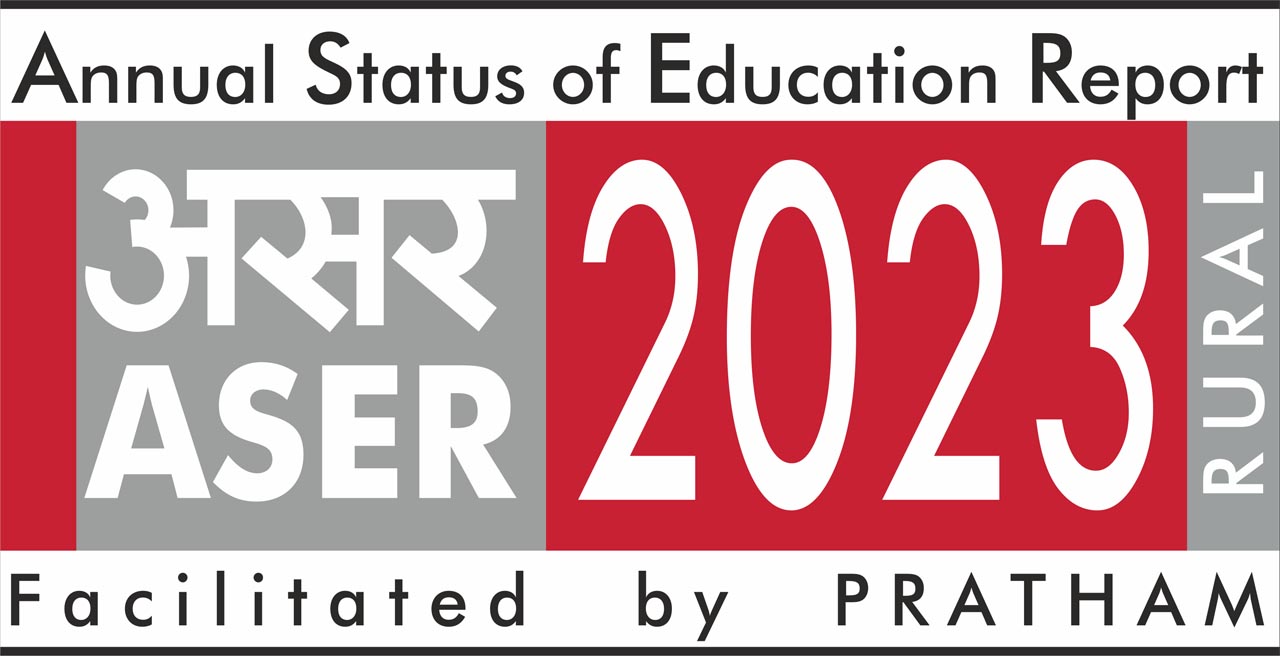
- The recently published Annual Status of Education Report (ASER) 2023 has shed light on the alarming state of education in rural Odisha.
- The findings paint a stark picture of educational deficits, with a significant portion of students grappling with fundamental concepts.
- According to the report, a staggering 62.2% of students aged 14 to 16 in rural Odisha lack proficiency in division, while an additional 61.1% struggle with basic calculations.
- The ASER report attributes this educational crisis to the inadequacies of Odisha’s government education system.
- Students cite the lack of structured learning opportunities during lockdowns as a significant hindrance to their academic progress.
- Educationists warn that this crisis extends beyond Odisha, reflecting a nationwide trend of declining academic standards.
- In response to the ASER findings, authorities have pledged to review the educational system and implement necessary reforms.
- As rural Odisha grapples with this educational emergency, a collective effort is required to revitalize the education system and equip students with the foundational skills.
In a sobering revelation, the recently published Annual Status of Education Report (ASER) 2023 has shed light on the alarming state of education in rural Odisha. The findings paint a stark picture of educational deficits plaguing the region, with a significant portion of students grappling with fundamental concepts.
According to the report, a staggering 62.2% of students aged 14 to 16 in rural Odisha lack proficiency in division, while an additional 61.1% struggle with basic calculations. The deficiency extends beyond mathematics, with 47.4% of students in this age group unable to comprehend English and 22.6% unable to read Class II level books. Even among older students aged 17 to 18, the proficiency levels remain distressingly low, with 66.9% struggling with simple division and 62.7% unable to perform general calculations. English comprehension remains a challenge for 44.9% of these students, while 22.3% struggle with basic reading.
The ASER report attributes this educational crisis to the inadequacies of Odisha’s government education system, despite efforts such as the foundational literacy and numeracy (FLN) program. While the initiative aims to enhance educational outcomes, it has fallen short in addressing the root causes of the crisis.
To address these deficiencies, the School and Mass Education department has introduced innovative measures aimed at enriching the learning environment. Colorful desks, teaching aids, and visual aids have been incorporated into classrooms to stimulate engagement and comprehension among students.
The impact of the COVID-19 pandemic on education cannot be overlooked, with disruptions to traditional learning methods exacerbating the problem. Students cite the lack of structured learning opportunities during lockdowns as a significant hindrance to their academic progress. Additionally, the proliferation of digital distractions has diverted students’ attention away from core subjects, further widening the learning gap.
Educationists warn that this crisis extends beyond Odisha, reflecting a nationwide trend of declining academic standards. The overreliance on digital resources coupled with a lack of practice in fundamental subjects like mathematics exacerbates the issue, posing significant challenges to the future of education in the region.
ASER’s comprehensive survey, based on the responses of over 34,000 students, underscores the urgent need for intervention. While efforts to improve enrollment rates are commendable, addressing the underlying learning deficiencies demands immediate attention and concerted action.
In response to the ASER findings, authorities have pledged to review the educational system and implement necessary reforms. However, skepticism remains regarding the adequacy of these measures in addressing the systemic challenges.
As rural Odisha grapples with this educational emergency, a collective effort is required to revitalize the education system and equip students with the foundational skills necessary for academic success. Only through collaborative action can the region hope to overcome this daunting challenge and secure a brighter future for its youth.
(With inputs from agencies)







